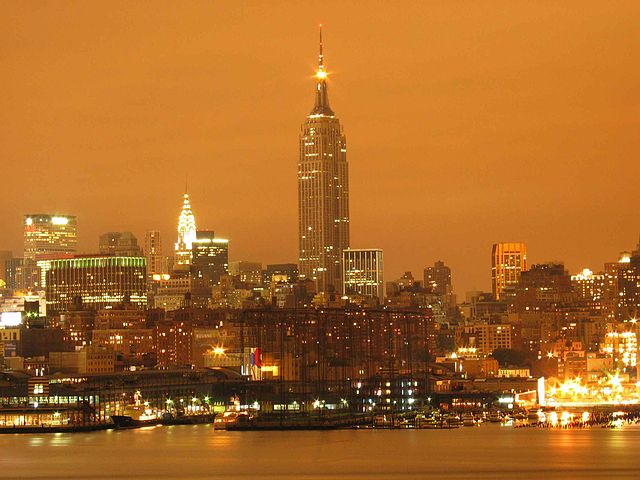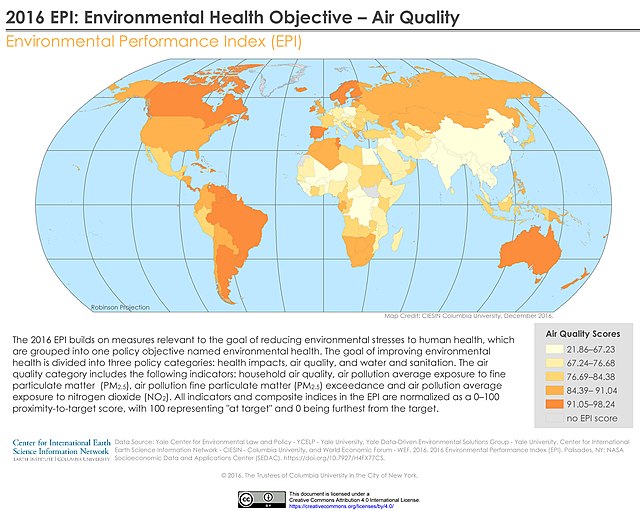In economics, an externality or external cost is an indirect cost or benefit to an uninvolved third party that arises as an effect of another party's activity. Externalities can be considered as unpriced components that are involved in either consumer or producer market transactions. Air pollution from motor vehicles is one example. The cost of air pollution to society is not paid by either the producers or users of motorized transport to the rest of society. Water pollution from mills and factories is another example. All (water) consumers are made worse off by pollution but are not compensated by the market for this damage. A positive externality is when an individual's consumption in a market increases the well-being of others, but the individual does not charge the third party for the benefit. The third party is essentially getting a free product. An example of this might be the apartment above a bakery receiving some free heat in winter. The people who live in the apartment do not compensate the bakery for this benefit.

Air pollution from motor vehicles is an example of a negative externality. The costs of the air pollution for the rest of society is not compensated for by either the producers or users of motorized transport.
Light pollution is an example of an externality because the consumption of street lighting has an effect on bystanders that is not compensated for by the consumers of the lighting.
Air pollution is the contamination of air due to the presence of substances called pollutants in the atmosphere that are harmful to the health of humans and other living beings, or cause damage to the climate or to materials. It is also the contamination of the indoor or outdoor environment either by chemical, physical, or biological agents that alters the natural features of the atmosphere. There are many different types of air pollutants, such as gases, particulates, and biological molecules. Air pollution can cause diseases, allergies, and even death to humans; it can also cause harm to other living organisms such as animals and crops, and may damage the natural environment or built environment. Air pollution can be caused by both human activities and natural phenomena.
Air pollution from a coking oven
2016 Environmental Performance Index – darker colors indicate lower concentrations of fine particulate matter and nitrogen dioxide, as well as better indoor air quality.
Controlled burning of a field outside of Statesboro, Georgia, US, in preparation for spring planting
Smoking of fish over an open fire in Ghana, 2018






